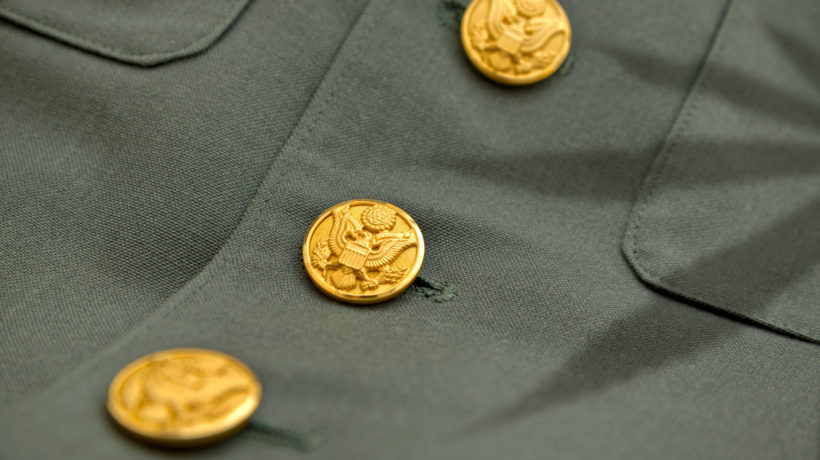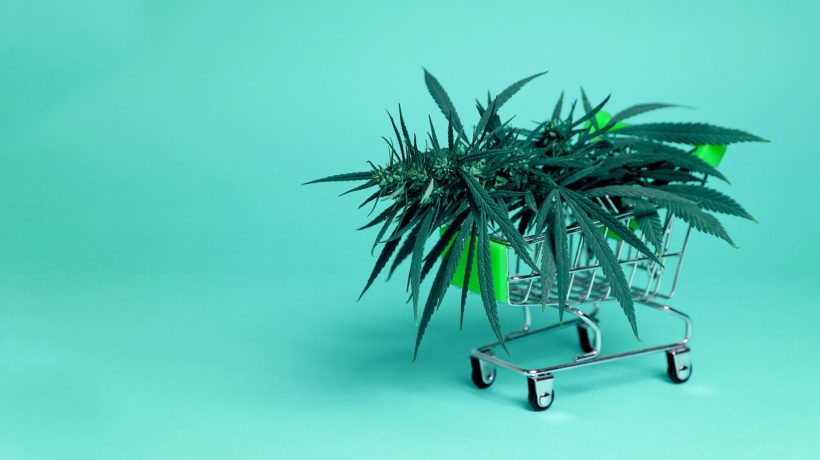Now that Prop 64 has passed in California, cannabis is legal for anyone over the age of 21 with a valid, government-issued ID to enjoy recreationally.
But for someone new to cannabis, it can be hard to figure out exactly how to do that. Where do you get legal marijuana? What do you say to a budtender? What even is a budtender?
We’ll answer seven common, introductory questions most new consumers have about the process of getting into cannabis and also getting the most out of your cannabis use.

How do I even find a dispensary?
If you’re a new consumer, it’s best to start by searching online for dispensaries in your area. Of course coming here, to Flowertown, is going to guide you to a great dispensary that’s clean, reputable, and has trusted products.
I found a dispensary. Now, what happens?
Now that you have a great, regulated dispensary, the first thing you’re going to do is give them your ID. A lot of people think that they’re going into some system and the government is going to track them, but that’s not the case, they’re just making sure you’re twenty-one.
There’s going to be a security guard there, most always one if not two at all times in a dispensary. This is just to keep you and the budtenders safe.
What’s the process once I’m in?
So they’re going to have you go into a dispensary one person at a time that way it’s one person to each budtender. You want to have the most personalized experience that you can, and you don’t want your needs to be brushed over.
This is especially important since a lot of patients might have a sensitive issue that they want to talk about, and although it’s not a doctor’s office, we still want to keep some patient confidentiality.
So it’s more a common courtesy and a system that has been adopted within the industry rather than a regulated practice.
What do I say to a budtender?
So as a new patient in a dispensary, the things you’re going to want to tell your budtender are:
- When you’re going to consume
- Why you want to consume
- How experienced you are with cannabis
They’re going to want to take you a lot slower if you have no experience versus if you’re somebody who knows their way around. Your experience is going to help them guide you towards what product is best for you and your lifestyle.
How heavily regulated are dispensaries and cannabis?
Right now there’s a wide variety of different types of dispensaries in terms of legality and regulation. California just switched over to Prop 64, which is a different system than Prop 215, which it was previously operating under.
With Prop 64, every dispensary has to be registered, every product has to be tested for pesticides, mold, and heavy metals. It’s a seed-to-sale type of system where every aspect of the plant is tested, measured and tracked.
Each unit, or each pound, is going to have a lot number. So you’re going to know exactly which lot a product came from, and that can be traced all the way back to the grower.
This system was not implemented until this year, and it’s been a bit of a process to get enough dispensaries to switch over. There are definitely still unregistered or unlicensed stores all over LA and California.
Is that why I shouldn’t just go to the dispensary down the street that’s in the back of a shoe repair store?
Correct.
It’s really important that products get tested. There are several reasons for this. One is pesticides. You don’t want to smoke pesticides.
The other reason that testing is important is because of dosages.
Edibles, specifically, can easily contain 5 milligrams to 1,000 milligrams in the same size of a brownie, and that’s a really big difference in effect. You don’t want to give someone a 1,000-milligram brownie when they only need to be taking 5 milligrams and you want to make sure the products are as organic as they can be, which is kinda tough.
The way it works with the term organic in the cannabis industry is that, because of federal regulations, you can’t classify cannabis as USDA organic.
But what you can say is it’s “Clean Green Certified.”
Clean Green is essentially the same thing as saying it’s organic. Certain shops around California carry Clean Green products, and certain companies manufacture their edibles specifically from Clean Green flowers.
If it’s Clean Green Certified, they’re going to let you know because that’s a special thing in the industry. It’s also a very new thing. Which is why I would say less than half of flower is Clean Green and makes it more of an exclusive, differentiating quality for brands.
Additionally, regulated shops may be divided into recreational and medical, although the majority of them are going to be both.
The only real differences are that if it’s a recreational shop you have to be 21 and over, you’re going to pay a little bit more in taxes and your doses on your edibles are going to be 10 milligrams max.
As far as being a medical shop, you have to have a medical marijuana recommendation card. You have to go to a cannabis doctor, let them know why smoking medical marijuana is the best option for you, and they’ll prescribe the card.

Okay, I’m convinced. Do dispensaries take AmEx?
As of right now, most dispensaries are cash-only, but many have found ways to accept credit or debit cards despite cannabis’ status as federally illegal. That doesn’t mean that these stores are operating illegally.
All it means is that many aspects of the cannabis industry are still in a gray area, and will continue to be as it gains grounding and legitimacy.
Always be sure to call ahead and check with a dispensary to see if they accept cards before you go. If they don’t, most will have an ATM on site, but to avoid the fees you may want to factor in a trip to the bank when you head to the storefront.
Now that you know how to find your dispensary, and what you should know, take a look at the differences between indica, sativa, and hybrids. Also, learn more about the myriad of options available to cannabis consumers that don’t involve the flicker of a lighter.
That way, when you see your first budtender, you’ll know exactly how to answer every question and get the most out of a budding and beautiful relationship.



